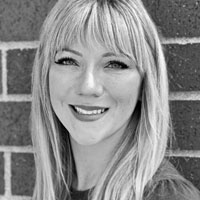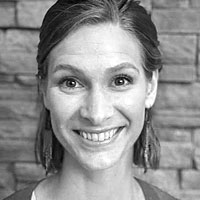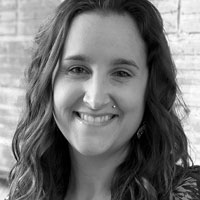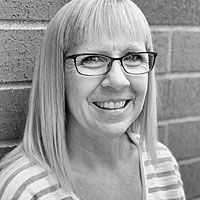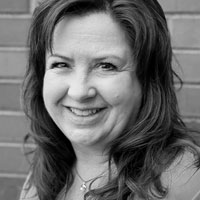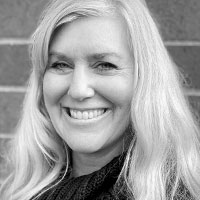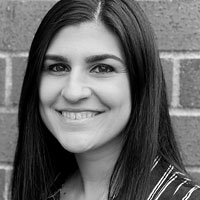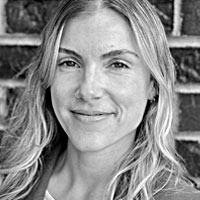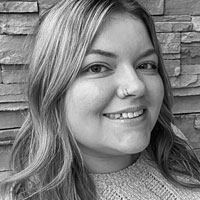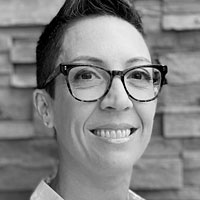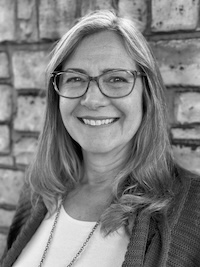Ray Kaffer, LMHC
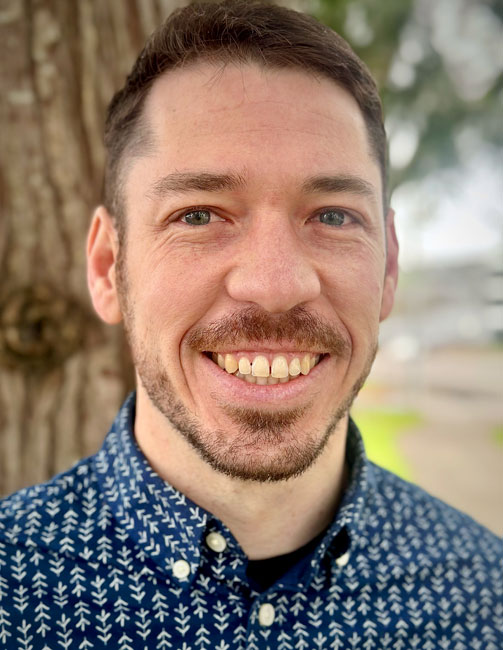
Ray Kaffer’s Therapist Disclosure Statement <<< (Clickable)
Every struggle has a story behind it. Often, the telling of those stories can feel daunting and maybe even scary. Even reading this might inspire a twinge of nervousness in some, as the thought of discussing painful or challenging pieces of your life takes shape. That’s completely O.K. Whether it’s Trauma, anxiety, depression, loss, or something else; there is more of your story left to be told.
Therapy is about creating change, and as a therapist I believe building a trusting relationship is the first step in that creation. I strive help you feel comfortable bringing your identities, such as religion, gender, family of origin, sexual orientation, race, and cultural background into the room because these pieces are crucial components of your story, and thus will have a role in the change you create. I do my best to make our sessions a space where the telling of your story feels natural, safe, and valuable. It is through the telling and retelling of these issues that new ways of seeing, new feelings, and new insights can emerge
My therapeutic approach influenced by both Narrative and Person-Centered theories. This shows up in session for my clients in experiences of validation and autonomy building, using metaphors and narratives to explore ideas, and relying on the therapeutic relationship as one of the main tools for helping clients have new emotional and relationship experiences that empower them to take their change from the therapy room out into the world. I try to take a relaxed and casual tone where people feel free to joke and speak their mind while respecting the nuance of the content and context when topics are hard. Additionally, utilize skills from DBT, CBT, and mindfulness to support clients with practical tools they can layer over the relational work occurring between myself and my clients. Lastly, Feminist-Multicultural and Trauma-Informed lenses are guiding principals in the way I practice.
My graduate schooling was done at the University of Utah through their College of Education where I completed a Master’s in Clinical Mental Health Counseling in 2021. I am currently an associate-level therapist with the aim of becoming fully licensed in summer of 2023. I completed a B.S. in Psychology from Seattle University in 2013, and in between graduating from Seattle U and starting at the U of U I worked in youth residential mental health; I volunteered for a non-profit doing trauma resiliency trainings domestically and internationally; and I worked at the inpatient psychiatry unit at Seattle Children’s Hospital.
Outside of work I love to hike, camp, fly fish, play soccer, play board games, cook, and find adventures with my family.
Specialties and areas of focus
- Trauma
- Post-Traumatic Stress Disorder (PTSD)
- Anxiety
- Relationship Conflicts & Communication
- Eating Disorders
- Bipolar and Other Personality Disorders
- Grief/Loss
- Depression
- Men’s Issues
- Women’s Issues
- Issues of Race and Identity
- Life Transitions
- Domestic Violence/Abuse
- Parenting
Q&A with Ray
1.) Some therapists are more comfortable addressing the immediate problem, while others want to focus on the deeper issue. Which are you?
I’ve found that it can be difficult to do the work of creating change and addressing the deeper issue when there is chaos and struggle in the immediate space around us. My style tends to be focused on creating a stable base to stand on that then allows us to engage with the deeper issues that are present. Sometimes that means addressing immediate problems first, but not always.
2.) Do you tend to lead the session, or follow my lead?
I prefer to operate from a client-led framework for most of my work, but I also acknowledge that that can be intimidating, frustrating, or confusing for a lot of folks. That being said, I like to discuss with my clients at the start of therapy how comfortable they are with self-leading and where they might need support from me in that process.
3.) What are your strengths as a therapist?
Some of my strengths as therapist are in helping put into words complex emotions and experiences that clients have struggled to explain and explore previously. I also create a lot of space for race, gender, religion, cultural identity, and sexual orientation in my sessions by owning the identities I bring into the room. Lastly, a strength that supports my work is in helping with physical/somatic regulation, which helps clients feel safe and calm in the midst of discussing challenging therapy content.
4.) If you had one superpower, what would it be and why?
I wish I could turn into different animals. Not only would it have all kinds of awesome practical uses, but it would be super fun. I love being outside too, so it would make something I already love even more enjoyable. Plus, I bet I would learn a lot about things I have no idea about if I were to think about them like an owl, or an elephant, or even a dolphin thinks about things, but who knows.
5.) What makes you laugh?
Well placed puns, little kids being silly, my dog’s perfectly timed groans that show he absolutely understands the conversations being had around him, and satirical comedy sitcoms.
6.) Who would you have dinner with, dead or alive?
I’d probably have a reunion dinner with all the friends that I now live far away from or who have passed on. There are a lot of people near and dear to me that I rarely get to see except on a screen anymore, and being able to sit at the same table with all of them over a multi-hour long mean would be perfect.




